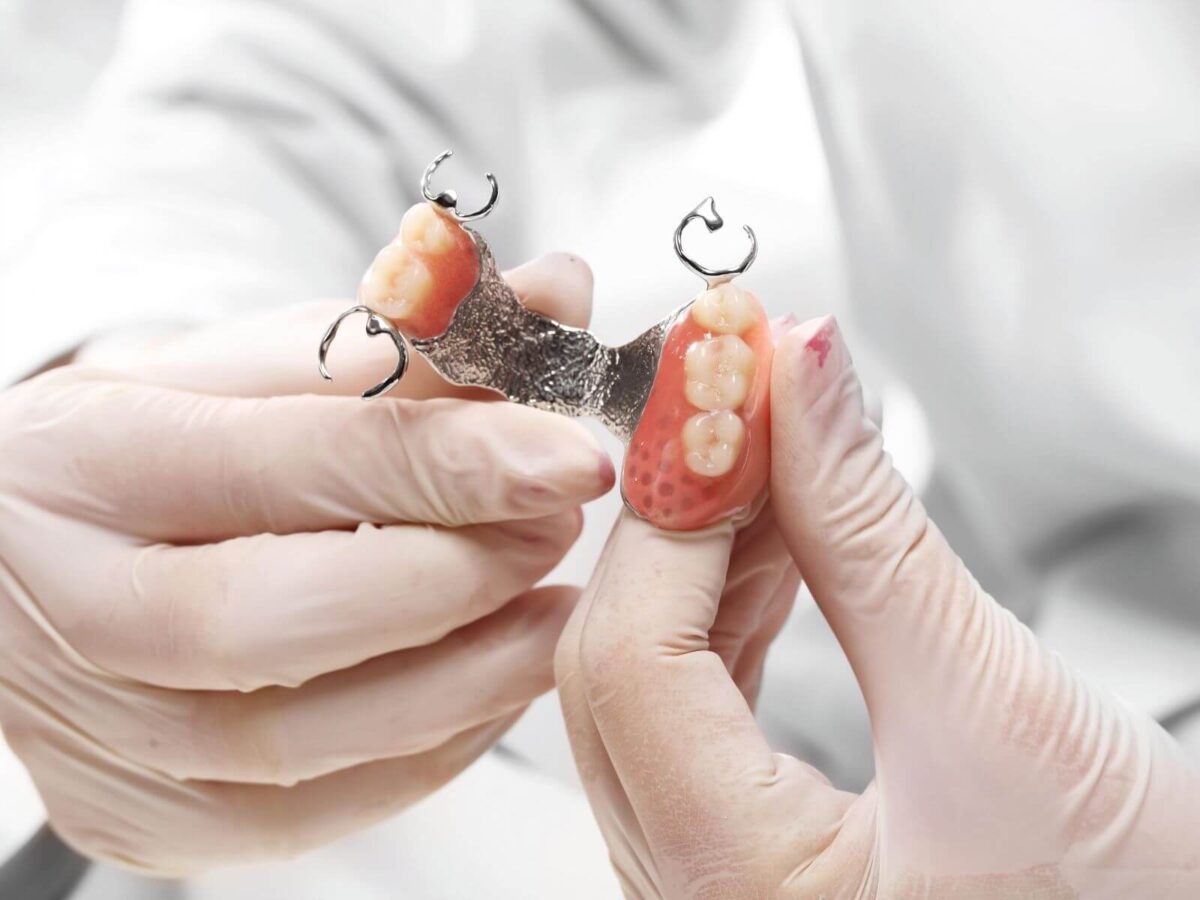One often performed dental operation is tooth removal. You could believe the process is over once your tooth is removed. Still, there are several strong reasons you should not wait long to see the consequences of missing a tooth.
Sinton Dental Office TX offers a range of treatments to enhance patients’ teeth and deliver lovely smiles. Working with you, their dentists determine your dental goals and create a course of action to reach them.
What are the Causes of Missing Teeth
Teeth fall out and need to be pulled out occasionally. Untreated gum disease can cause tooth loss, and an injury to the head or mouth can also knock a tooth out. Also, an adult tooth did not come in to replace a lost baby tooth. Often, severe tooth decay leads to tooth removal.
One or more lost teeth can start a series of surprising medical problems. Ignoring these lost teeth and the voids they leave behind can have long-range effects. Expert dentists thus advise you against ignoring the consequences of a missing tooth.
What are Some Missing Tooth Complications
The following points explain some of the complications of a missing tooth:
Eating Issues
Many people understand that the first stage of digestion involves biting and chewing food. Upper and lower teeth align to tear and chew food, preparing it for the stomach. A missing tooth indicates no surface against which to work on the other arch of teeth.
Bone Erosion
The tissue of your jawbone interacts with tooth roots. The little movements of your teeth when you chew stimulate the bone around them, an interactive process that maintains the health of bone tissue.
The consequences of missing a tooth are that you miss those interactions. You could thus experience localized bone loss. It is the only tooth replacement method that replaces a lost tooth, restoring both the crown and the root.
Moving Teeth
When missing, the remaining natural teeth can move out of position. Though they seem solid and static, teeth can travel gently across the jaw and rearrange themselves. Orthodontists use braces to straighten tooth misalignments, specifically using these characteristics.
Inappropriate look
A single lost tooth might not have much impact, but when you are missing several teeth, your facial structure may sag or collapse into the void, giving you an older-looking face than your age.
Compromised Hygiene
Between ineffective chewing and moving teeth, food can lodge more readily in areas where a tooth used to be or where shifting teeth provide hideaways. Brushing and flossing might not be as effective as they once were.
Unclear Speech
Your capacity to talk depends on your teeth in a secondary but significant way. Change the count of teeth in your mouth, and you can suddenly have difficulty making sounds and words.
Lower Confidence
Losing teeth might also undermine your confidence. If you feel your missing teeth will make people judge you, you may retreat socially. You can get anxiety and depression as your self-esteem suffers.
Fortunately, your dental loss problem has a solution. Expert dentists present several choices to return your mouth to peak functional order. They could advise a bridge, dentures, or implants to fix the issue. Your physician will customize treatment depending on your particular needs at your consultation.
Existing Treatments to Overcome the Consequences of Missing a Tooth
No matter if you lose a tooth because of gum disease, an accident, or a sports injury, it can be very bad. Lots of things can help you fill in those holes in your smile and keep your teeth healthy. Great dentists can give you crowns, bridges, and tooth implants.
Dental implants or dentures are two major choices for replacing your lost tooth. Every solution has its perks and drawbacks. For a somewhat cheap and precise replacement for a missing tooth—or even numerous teeth—dentures can be challenging to maintain cleanliness.
Therefore, the expert dentists in Texas advise implants as the best choice for replacing lost teeth. Having installed dental implants for many years, your dentist can help you choose the ideal implant to restore your smile.
Both are tried-and-true, successful remedies for tooth loss. Usually, patients must be in good health and have sufficient gum bone density to sustain a dental implant to qualify for them. Your dentist will evaluate your teeth holistically and suggest the best action for your circumstances.
Conclusion
You might not be bothered by the appearance or feel of a missing tooth, but you run an increased risk of having more significant dental issues without filling that void. Call or click to set up a consultation with an expert dentist in Texas right now to fight the consequences of missing a tooth.





